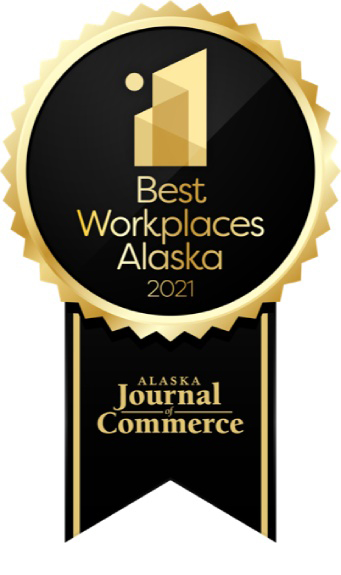Cadillac Tax Delayed Until 2022 and HIT Suspended for 2019
January 29, 2018
The short-term funding bill passed by Congress in January to re-open the government contains two employee benefits–related provisions that are of interest to employers. The bill delays the tax on high-cost health plans (the “Cadillac Tax”) until 2022, and it suspends the Health Insurance Tax (HIT) (paid by health insurance companies) for 2019.
The Cadillac Tax
The Affordable Care Act (ACA) created a new excise tax applicable to high-cost health plans, commonly called the Cadillac Tax. Employers who sponsor health plans that have an annual cost that exceed an amount defined by the law will pay a 40% tax on the excess plan costs. The tax was originally scheduled to take effect in 2018, but in 2016 Congress delayed the tax until 2020. The government funding bill passed by Congress delays the tax an additional two years, to 2022.
The Health Insurance Tax
The ACA also includes a tax that is imposed on health insurance carriers, which obviously has an impact on the insurance rates paid by employers. The HIT will be imposed on carriers for 2018, but the legislation just passed by Congress suspends the tax for 2019.
The insurance industry estimates that the HIT adds between 1.5% and 3% to fully insured health plan premiums. However, the tax paid by any particular carrier is based on a complex formula that takes into account the size of the carrier, its market share, and other factors, so there is no way to know exactly how much tax each carrier will pay. Carriers take different approaches to communicating the HIT to employers. Some provide an estimate of the amount of tax they expect to pay and present that as a separate line item in the group insurance bill. Others simply treat the HIT as part of their administrative expenses, as they would with any other corporate tax liability. In any case, the suspension of the tax for 2019 will have a positive impact on the carriers’ overall costs, which should be reflected in the rates charged to employers after 2018.
The views and opinions expressed within are those of the author(s) and do not necessarily reflect the official policy or position of Parker, Smith & Feek. While every effort has been taken in compiling this information to ensure that its contents are totally accurate, neither the publisher nor the author can accept liability for any inaccuracies or changed circumstances of any information herein or for the consequences of any reliance placed upon it.



